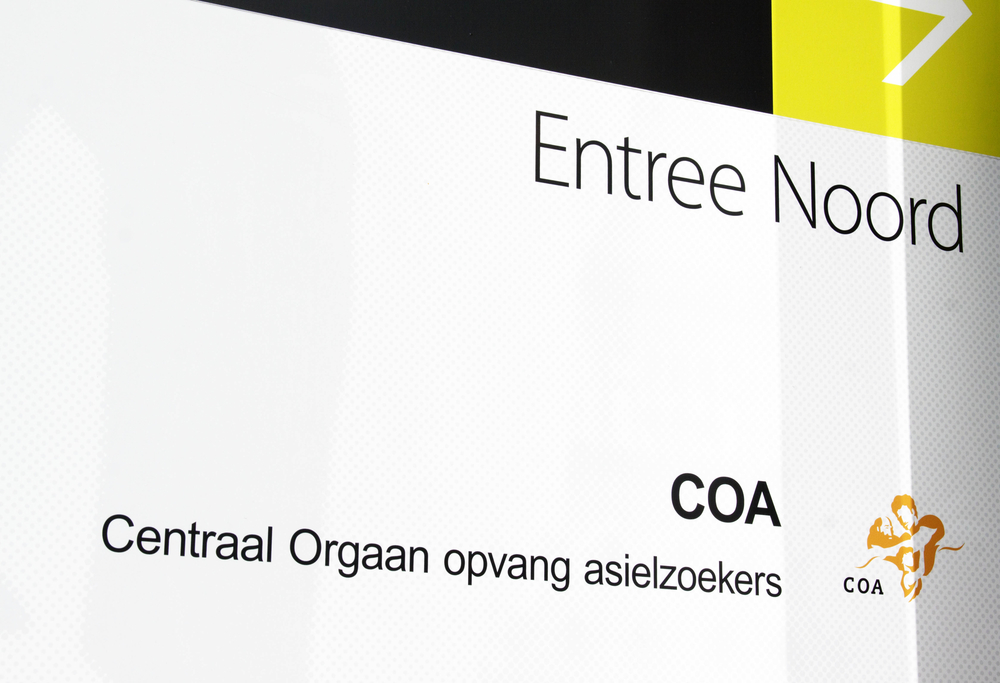Cost of asylum accommodation up by 70% as bottleneck increases

The cost of accommodating asylum seekers in the Netherlands grew by nearly 70% 2023, partly because of the increasing need short-term emergency housing.
The total bill amounted to €2.7 billion, the accommodation service COA said in its annual report, compared to €1.6 billion the previous year.
The total number of asylum seekers in the system grew from 51,600 to 61,300, but the COA closed accommodation facilities in 2016 and 2017 when the numbers fell.
As a result more people have been housed in emergency shelters, which cost an average of €69,400 per person per year, compared to €30,400 for a place in regular accommodation.
A backlog of cases at the immigration service IND also means people are staying longer in the asylum system while their applications are processed, while overcrowding at the reception centre in Ter Apel prompted the local council to take the government to court to enforce its capacity of 2,000 refugees.
The problem is compounded by the fact that local authorities have a shortage of accommodation for people who have been granted the right to stay in the Netherlands, forcing them to stay longer in asylum accommodation.
The current right-wing government is committed to abolishing the so-called “spreading law”, introduced by the last cabinet to ease pressure on the system by requiring local councils to accommodate a specified number of refugees.
The coalition agreement also says refugees with the right to residency should no longer be prioritised on housing lists, restricting their chances of finding a house.
Thank you for donating to DutchNews.nl.
We could not provide the Dutch News service, and keep it free of charge, without the generous support of our readers. Your donations allow us to report on issues you tell us matter, and provide you with a summary of the most important Dutch news each day.
Make a donation